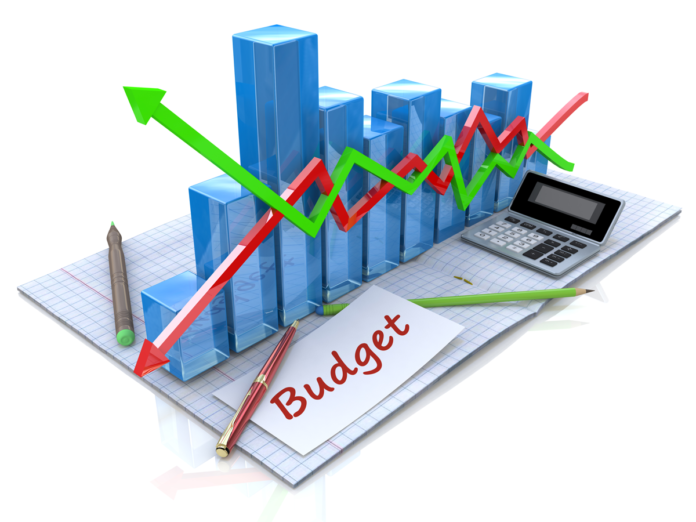Ahead of the federal government’s budget presentation for fiscal year 2025-26, an Islamabad-based think tank, Tabadlab, has advised the government to avoid “bad growth” and highlighted that Pakistan’s economy has faced similar challenges in the past.
The report, which provides an economic roundup, warned against raising tax rates, noting that they are already among the highest in the region. It also cautioned against driving growth through consumption, given the country’s low foreign exchange reserves.
According to the report, Pakistan’s forex reserves are insufficient, covering only two months of imports as of June 3, and history has shown that boosting imports under such conditions leads to boom-and-bust cycles. While most key economic indicators have stabilized, the economy remains vulnerable to external shocks.
The report highlighted a 5% deceleration in inflation, a reduction in the interest rate from 21% to 11%, a steady exchange rate of around Rs 280 to the US dollar, and a reduced risk of default as debt levels have not risen dramatically. It attributed this stability to a combination of government austerity, discipline, and favorable global conditions, such as low oil prices.
Despite some stabilisation, the report pointed out that the Federal Board of Revenue’s (FBR) Rs 13 trillion tax target for the year is likely to fall short by Rs 1 trillion, though this is still a significant improvement from the Rs 9 trillion target of the previous year. It also noted that the government’s policy rate cut reduced the debt servicing cost by Rs 1 trillion, while austerity measures in the public sector saved another Rs 1 trillion.
However, the cost of these stabilising measures has been steep. Poverty has risen by 6.5% over the past seven years, unemployment stands at 8%, and healthcare spending has decreased. The report warned that Pakistan remains vulnerable due to persistent “twin deficits”—a narrow tax base that limits revenue growth and insufficient foreign exchange reserves to cover imports. The tax-to-GDP ratio stands at 10.6%, well below the target of 13% for sustainable growth.
Tabadlab suggested that while core economic indicators are expected to follow a steady trajectory, the government could accelerate growth through targeted measures. These include further reducing the policy rate from 11% to 9%, sector-specific interventions in agriculture and construction, increasing public sector development program (PSDP) spending, reducing import tariffs, and offering fiscal relief such as removing the ‘super tax’ and revising income tax slabs.
While imports are likely to strain the current account deficit, the report noted that customs revenue would likely remain stable, and a reduction in the interest rate could save Rs 1 trillion by 2026. However, the report urged the government to continue managing import growth to avoid the excesses seen in 2022.




